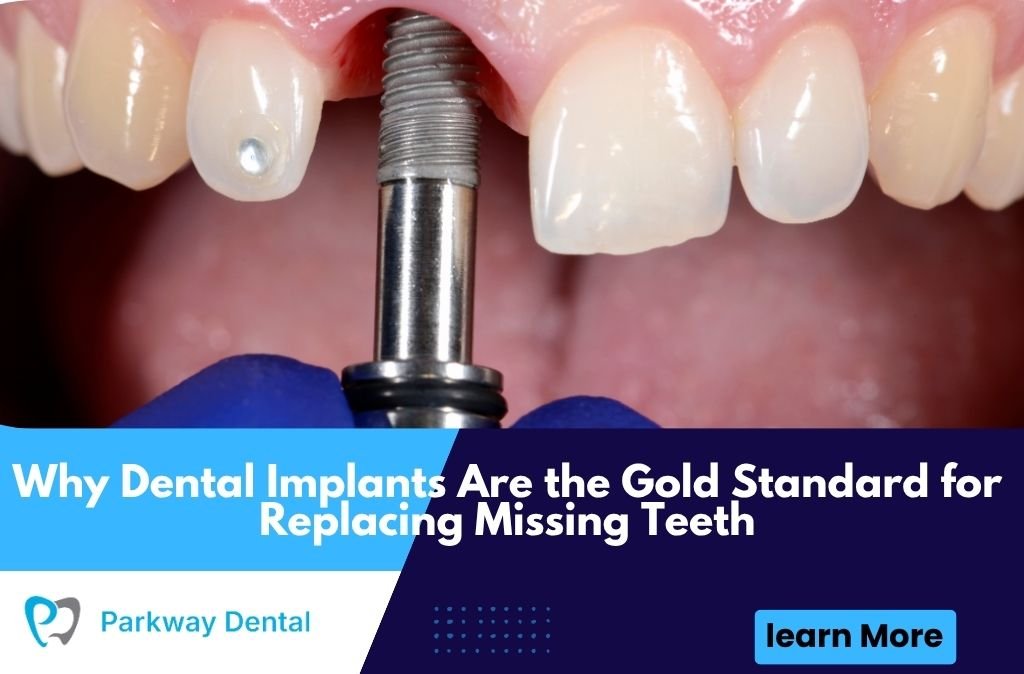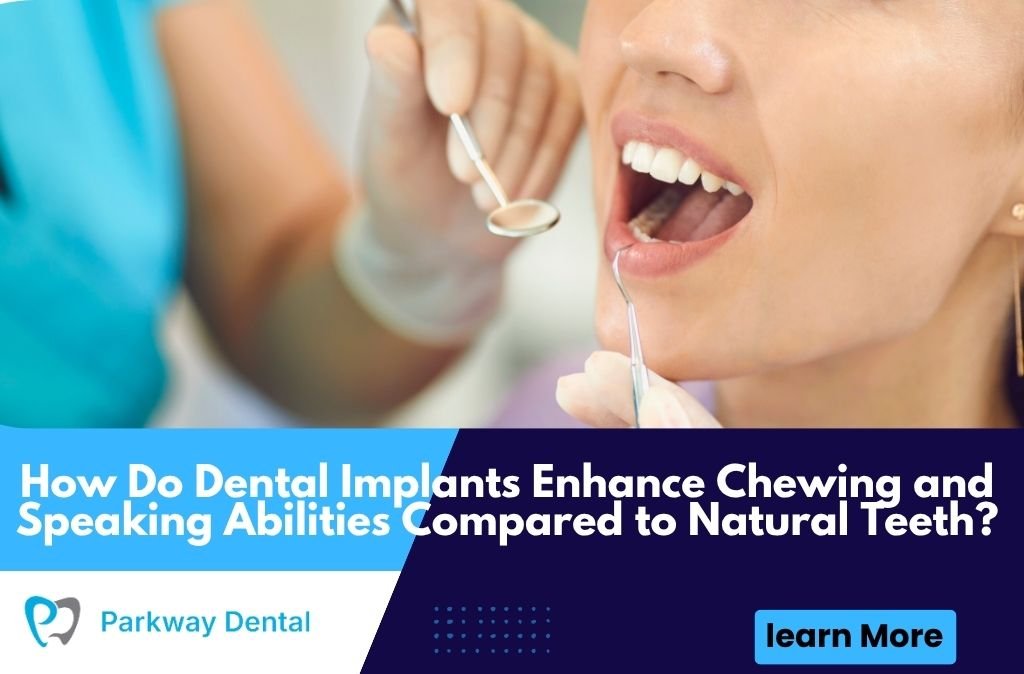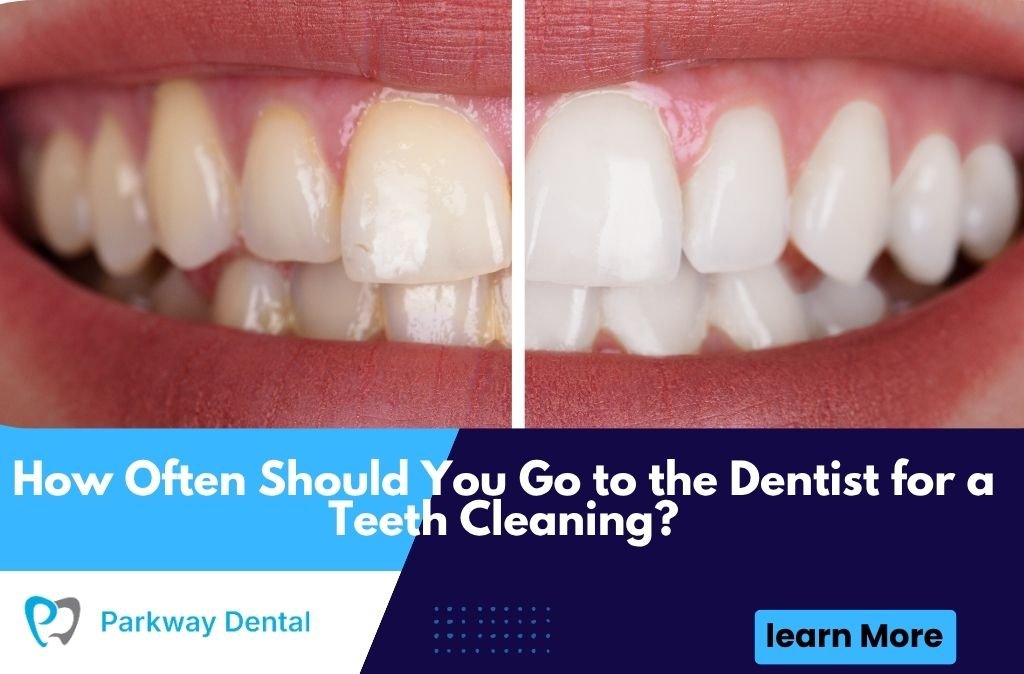Missing teeth affect more than just your smile — they impact your confidence, your ability to chew properly, and even your overall health. Modern dentistry offers many tooth replacement options, but none compare to the strength, stability, and longevity of dental implants.
Unlike removable dentures or dental bridges, dental implants are designed to look, feel, and function like natural teeth. They offer a permanent solution for missing teeth, helping patients restore comfort, aesthetics, and full oral function for decades.
Let’s explore why dental implants are considered the best long-term solution for missing teeth — and how they can completely transform your oral health and quality of life.
What Makes Dental Implants Different?
Before understanding their long-term benefits, it’s essential to know what dental implants are and how they work.
The Anatomy of a Dental Implant
A dental implant is a titanium post surgically inserted into the jawbone to act as an artificial tooth root. Once placed, it fuses naturally with the bone through a process called osseointegration, providing a stable foundation for a dental crown, bridge, or denture.
This structure mimics a real tooth — from root to crown — allowing implant-supported teeth to function almost identically to natural ones.
Three Essential Components Working Together
Each implant is made of three main parts:
Implant Post: A titanium or zirconia screw that integrates with the jawbone.
Abutment: The connector between the post and the restoration.
Crown or Prosthetic Tooth: The visible part that looks and feels natural.
This three-part system provides unmatched strength and stability, ensuring the implant performs like a natural tooth.
The Science Behind Permanent Tooth Replacement
Once placed, the implant post bonds with your bone over several months. This fusion prevents movement and gives your replacement tooth a solid foundation. When the final crown is attached, it restores your ability to chew, speak, and smile comfortably — just as you would with natural teeth.
The Hidden Dangers of Leaving Gaps in Your Smile
Losing even one tooth affects your oral and overall health. Many people assume missing teeth are just a cosmetic issue, but the consequences go much deeper.
Your Jawbone Is Disappearing (And Taking Your Face With It)
When a tooth is lost, the jawbone in that area no longer receives stimulation from chewing. Without stimulation, the bone begins to shrink — a process called bone resorption. Over time, this leads to a sunken facial appearance, premature aging, and weaker jaw support for remaining teeth.
Dental implants prevent bone loss by acting like natural roots, keeping the jawbone active and healthy.
The Domino Effect: When Teeth Start Moving
The surrounding teeth tend to drift toward the empty space left by a missing tooth. This causes misalignment, uneven bite pressure, and increased wear on neighboring teeth. Over time, this can also lead to TMJ (jaw joint) discomfort.
Replacing missing teeth with implants maintains your bite alignment and protects the surrounding teeth from shifting.
When Eating and Talking Become a Challenge
Missing teeth make chewing harder, especially for fibrous or crunchy foods. Gaps can also cause speech issues, making it difficult to pronounce certain words. By filling the gap with a stable implant-supported tooth, you restore natural chewing ability and clear speech.
Built to Last: Why Implants Outlive Every Other Option
Dental implants stand out because they are designed to last a lifetime. They don’t just replace the tooth — they rebuild it from the root up, providing strength, function, and aesthetics that mimic nature.
Decades of Proven Performance
Unlike dentures, which typically last 5–8 years, or bridges, which may need replacement after 10–15 years, dental implants can last decades — even a lifetime — with proper care. The titanium used in implants is biocompatible, meaning it integrates safely with your body and resists decay and corrosion.
Clinical studies show dental implant success rates of over 95%, making them one of the most reliable dental treatments available today.
The Only Solution That Actually Saves Your Jawbone
Because implants integrate with the jawbone, they maintain bone density and prevent resorption — one of the key reasons they’re a long-term solution. Other options like dentures sit on top of the gums and provide no bone stimulation, accelerating bone loss over time.
With implants, the jawbone remains healthy, preserving both your facial structure and long-term oral health.
A Smile So Natural, No One Will Know
Implant-supported teeth are custom-designed to match your natural teeth in shape, color, and size. They look completely realistic — no metal clips, adhesives, or removable parts. When you smile, no one can tell which tooth is artificial.
The secure fit also means there’s no discomfort, clicking, or slippage like with dentures.
Life After Implants: Rediscover What You’ve Been Missing
Beyond health benefits, dental implants dramatically improve your lifestyle and confidence.
Bite Into Life Again Without Fear
With dental implants, you regain almost 100% of your natural bite force. You can comfortably eat crunchy apples, nuts, or steaks without fear of slippage or pain. This allows you to enjoy a varied, nutritious diet — something dentures often limit.
Speak Clearly and Confidently
Missing teeth can distort sounds like “s,” “f,” or “th,” and dentures may slip during conversation. Implants stay firmly anchored, allowing for smooth, natural speech without worrying about movement or discomfort.
Laugh, Smile, and Live Without Holding Back
Gaps in your smile or loose dentures can make you self-conscious when laughing or talking. Dental implants restore your self-esteem by giving you a confident, permanent smile that feels and looks completely natural.
Care for Them Like Your Real Teeth
Unlike dentures that need daily soaking and adhesives, dental implants require only routine brushing, flossing, and regular dental checkups. They function like real teeth, making oral hygiene simple and familiar.
The Truth About Other Options (And Why They Fall Short)
To understand why dental implants are the superior long-term choice, it helps to compare them to traditional treatments like dentures and bridges.
Implants vs. Dentures: No Contest
| Feature | Dental Implants | Dentures |
| Stability | Permanently fixed in the jaw | Removable; may slip or move |
| Chewing Power | Up to 90–100% restored | Only 20–30% restored |
| Bone Health | Stimulates jawbone | Causes bone loss over time |
| Comfort | Feels natural | May cause sore spots |
| Maintenance | Easy daily care | Requires soaking, adhesives |
| Lifespan | 20+ years to lifetime | 5–8 years on average |
Dental implants clearly outperform dentures in comfort, function, and long-term health.
Implants vs. Bridges: Protecting What You Have Left
| Feature | Dental Implants | Dental Bridges |
| Tooth Preservation | No need to grind healthy teeth | Requires filing adjacent teeth |
| Bone Stimulation | Yes | No |
| Durability | Can last decades | 10–15 years |
| Cleaning | Same as natural teeth | Harder to clean under the bridge |
Bridges may seem faster initially, but they compromise nearby teeth and don’t prevent bone loss. Implants, on the other hand, preserve your natural structure and last longer.
Your Journey to a Permanent Smile: What to Expect
Getting dental implants is a detailed but smooth process. Each stage ensures stability, safety, and long-term success.
Phase 1: Creating Your Custom Treatment Plan
Your dentist will evaluate your oral health, take X-rays or 3D scans, and create a customized treatment plan. Factors like bone density and gum health determine if you need preparatory procedures such as bone grafting or sinus lifting.
Phase 2: Building Your New Foundation
During the surgery, the titanium implant post is inserted into the jawbone under local anesthesia or sedation. The area is then left to heal as osseointegration occurs — usually over three to six months.
Phase 3: Connecting the Pieces
After healing, the dentist attaches the abutment, which connects the implant to the crown. The gum tissue is shaped around the abutment for a natural appearance.
Phase 4: Revealing Your New Smile
Finally, a custom-made dental crown is placed on top, perfectly matching the color and contour of your natural teeth. This completes the restoration, giving you a fully functional, permanent tooth.
How Long Will Your Investment Last?
One of the biggest reasons dental implants are a long-term solution is their exceptional longevity. With good oral hygiene, implants can last several decades — often for life.
What Determines Implant Longevity?
Oral Hygiene: Brushing and flossing regularly prevents gum infections.
Lifestyle Habits: Avoiding smoking and excessive alcohol improves success rates.
Professional Care: Regular visits to your dentist ensure your implant and gums stay healthy.
When maintained properly, the crown may need replacement after 15–20 years, but the implant post usually remains intact for life.
Beyond Replacement: How Implants Transform Your Oral Health
Dental implants don’t just fill gaps — they actively support better oral health.
Keeping Your Jawbone Strong and Youthful
Implants stimulate bone growth through daily chewing pressure, maintaining a strong jawbone and natural facial contours.
Safeguarding Your Remaining Natural Teeth
Unlike bridges, implants don’t rely on neighboring teeth for support, preventing unnecessary wear or damage.
Making Your Mouth Easier to Keep Clean
Gaps left by missing teeth can collect food particles and bacteria, leading to gum infections. Implants close those spaces, making oral hygiene easier and more effective.
Rebuilding Complete Smiles from the Ground Up
For patients missing multiple teeth, implant-supported dentures or bridges provide full-mouth restoration that’s stable, natural-looking, and long-lasting.
Look Good, Feel Great: The Cosmetic Power of Implants
Beyond functionality, dental implants offer unmatched cosmetic benefits.
Seamlessly Blending with Your Natural Smile
Each implant crown is designed to match your surrounding teeth in shape, color, and translucency. This ensures a seamless, natural-looking smile that enhances facial harmony.
Turning Back the Clock on Facial Aging
Bone loss causes the cheeks to sink inward and lips to collapse. By maintaining bone density, dental implants help preserve your youthful facial profile.
The Confidence That Comes from a Beautiful Smile
With permanent, beautiful teeth, you’ll feel more confident smiling, speaking, and laughing — without the fear of slipping dentures or visible metal clasps.
Simple Care for Lifelong Results
Maintenance is simple but essential for longevity.
Your Daily Routine in Three Easy Steps
Brush twice a day with a soft-bristled toothbrush and non-abrasive toothpaste.
Floss daily using implant-safe floss or interdental brushes.
Use an antimicrobial mouthwash to reduce bacteria.
Professional Check-Ups Keep Everything on Track
Visit your dentist every six months for professional cleanings and implant checks. These visits ensure the implant remains secure and the gums stay healthy.
Habits to Avoid for Maximum Longevity
Chewing ice, smoking, or grinding teeth can shorten implant lifespan. Using a nightguard for bruxism and avoiding tobacco improves success rates dramatically.
Is This the Right Choice for You?
Most healthy adults are good candidates for dental implants. Ideal candidates have:
- Good overall health
- Healthy gums
- Sufficient bone density
- Commitment to oral hygiene
Even if you’ve experienced bone loss, bone grafting procedures can prepare your jaw for implant placement successfully.
The Investment That Pays for Itself
While dental implants may cost more upfront than dentures or bridges, their longevity makes them the most cost-effective choice over time. Other restorations require frequent replacement, while implants last decades with minimal maintenance.
When considering cost, factor in the lifelong confidence, comfort, and health benefits that come with them.
Conclusion
Dental implants are more than just a tooth replacement — they’re a permanent investment in your oral health and confidence. With their unmatched stability, durability, and natural appearance, they restore your ability to eat, speak, and smile freely for life.
They protect your jawbone, preserve facial structure, and provide a level of comfort no other restoration can match. That’s why experts agree — dental implants are the best long-term solution for missing teeth.
At Parkway Dental, Dentist in West Roxbury, MA, we provide the best dental treatments designed to restore your smile’s strength, function, and beauty — so you can live life with confidence again.
FAQs
How long do dental implants last?
With proper care, dental implants can last 20 years or more — many last a lifetime.
Are dental implants better than dentures?
Yes. Implants are stable, natural-looking, and prevent bone loss, unlike dentures that often slip or cause discomfort.
Do dental implants feel like real teeth?
Absolutely. Implant-supported teeth mimic the strength, look, and feel of natural teeth.
What is the success rate of dental implants?
Modern implants have a success rate of 95–98%, depending on the patient’s oral health and lifestyle.
Is the implant procedure painful?
No. It’s performed under local anesthesia or sedation, and discomfort afterward is minimal.
Can smokers get dental implants?
Smoking can delay healing and increase failure risk, but quitting or reducing before surgery improves outcomes.
How do implants prevent bone loss?
By fusing with the jawbone, implants provide stimulation that keeps the bone strong and healthy.
How do I care for dental implants?
Brush and floss daily, use antibacterial mouthwash, and see your dentist for routine checkups.
How soon can I get implants after tooth extraction?
Some patients qualify for same-day implants, while others may need healing time before placement.
Can dental implants replace multiple teeth?
Yes. Multiple implants can support bridges or full-arch restorations for complete mouth rehabilitation.





